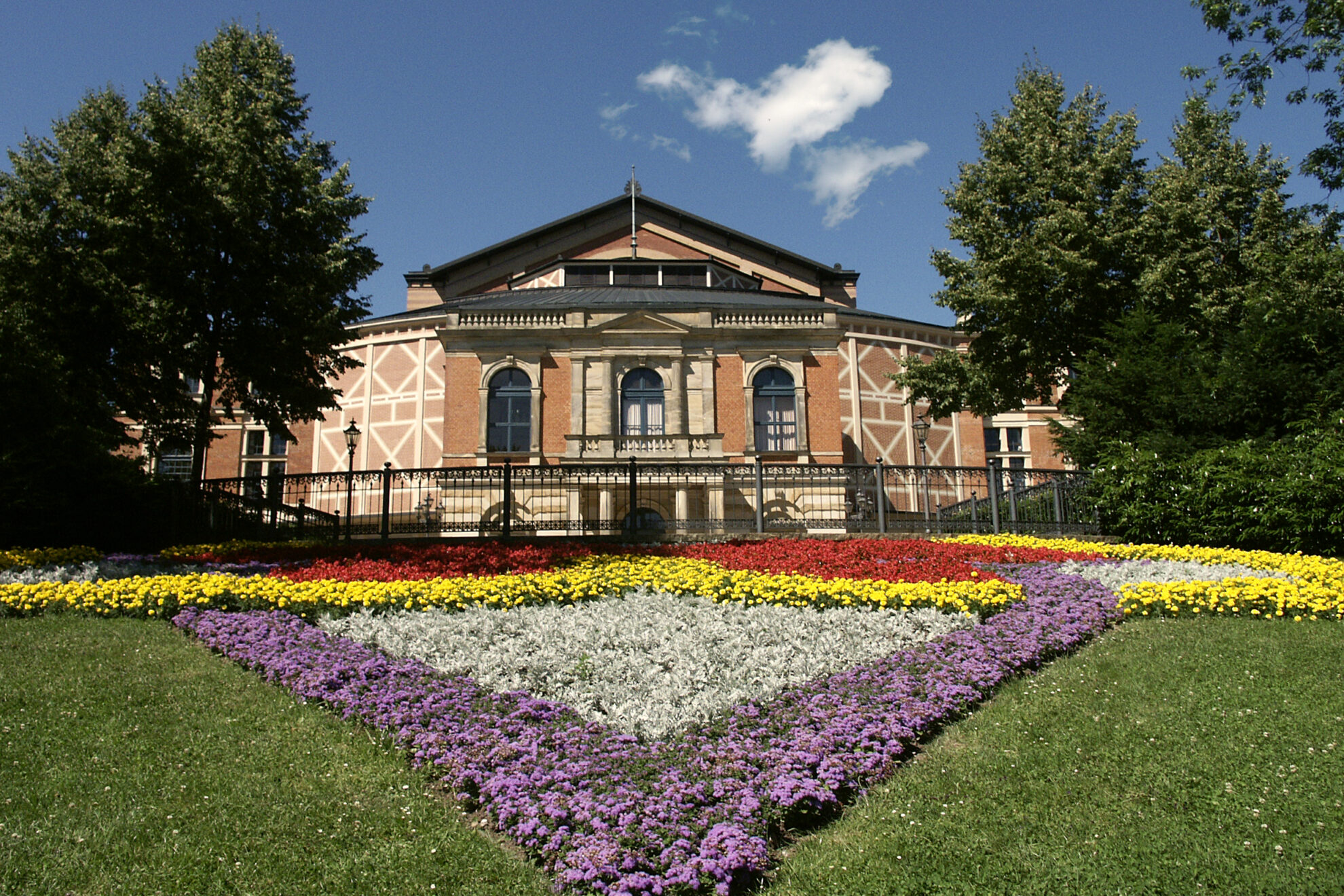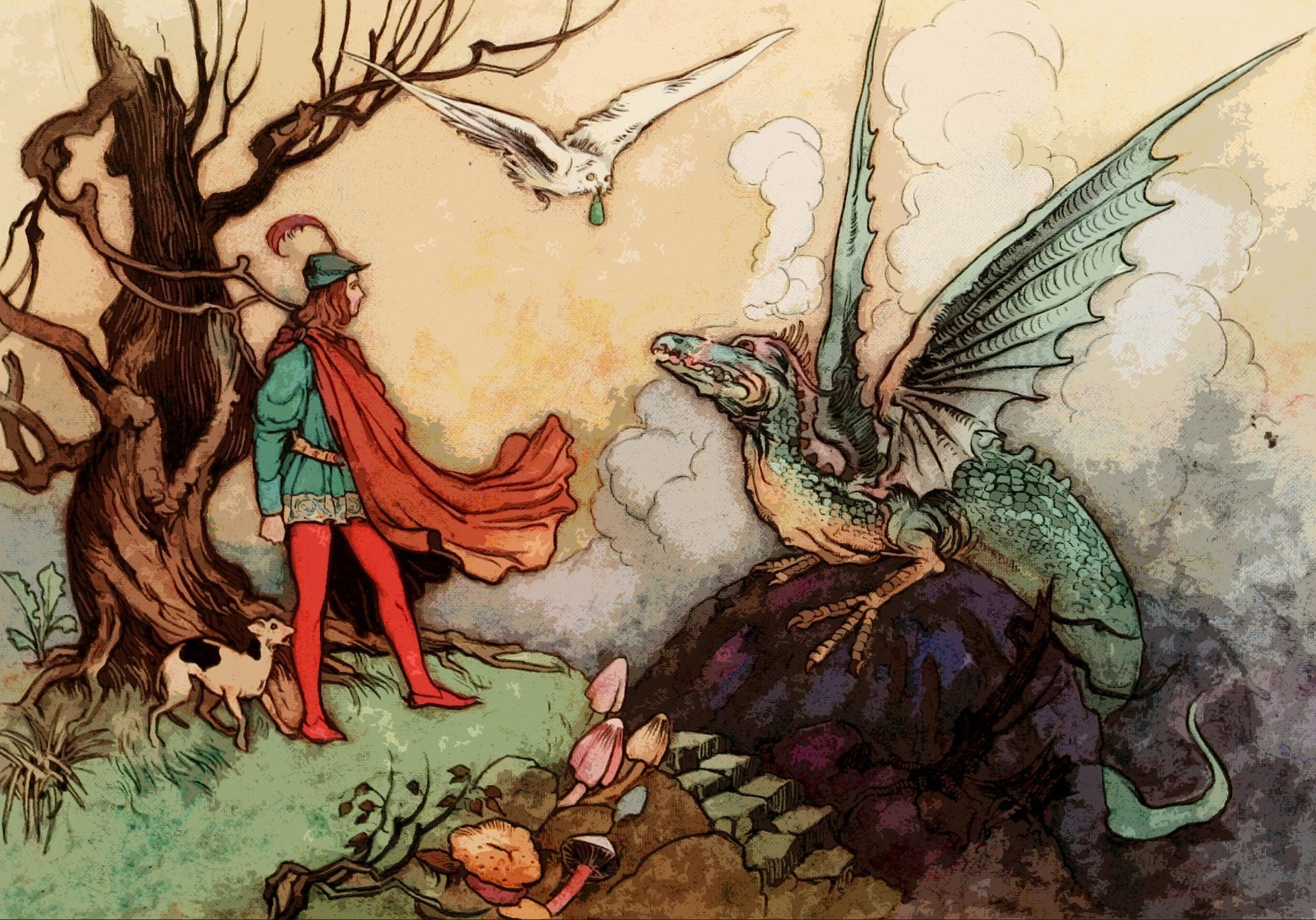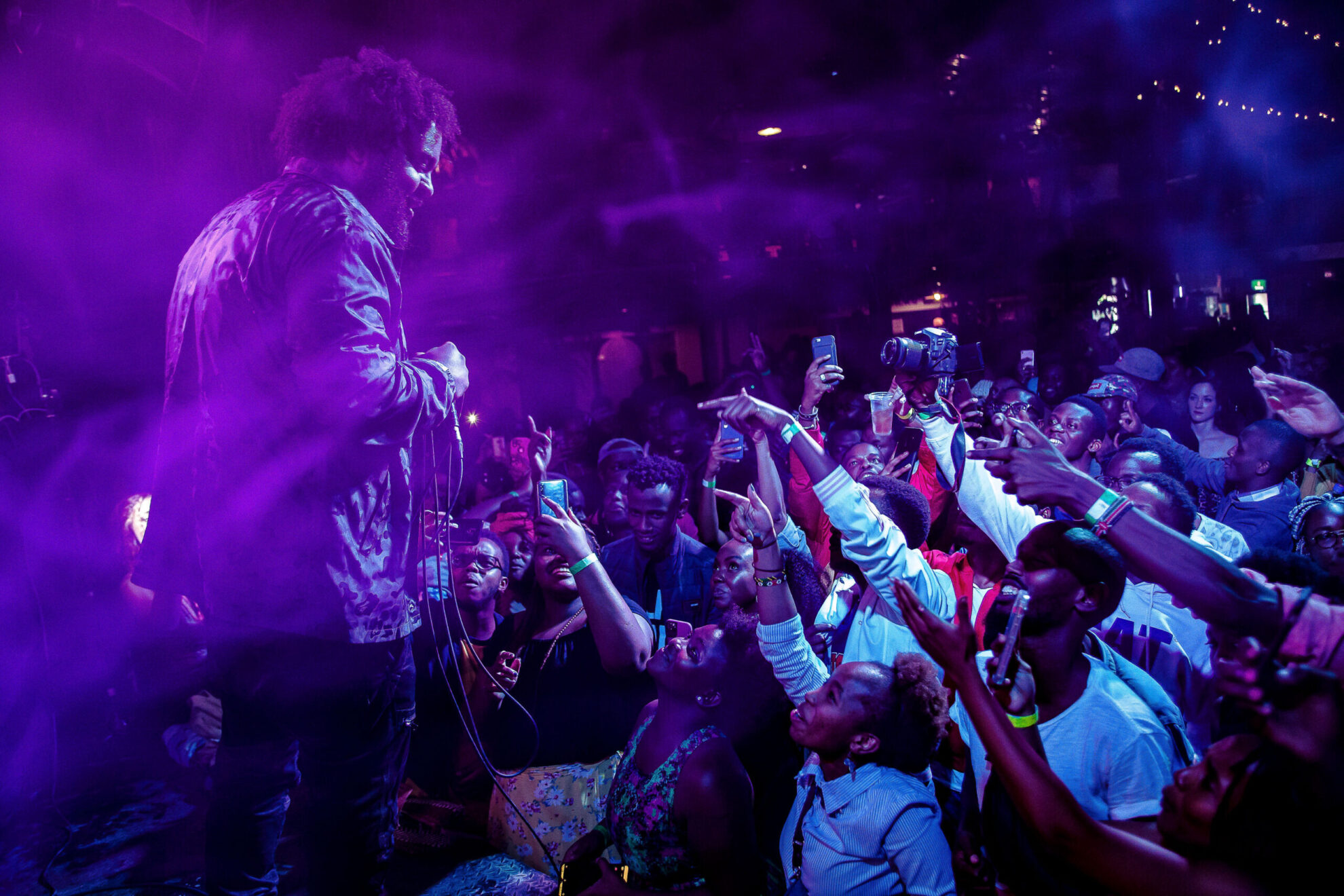Germany’s parliament has approved a record culture budget of €2.1 billion for next year, the highest ever for the country. It comes as a clear signal of the value the nation places on funding for its culture and entertainment. These sectors have suffered enormously amid the coronavirus emergency and yet been vital to making lockdowns bearable.
Germany’s Culture Budget Leads the Way
Germany’s federal culture budget for 2021 will increase by €155 million from this year. Portions have already been earmarked for certain projects, including the renovation of the Bayreuth Festival Theatre, which Richard Wagner designed to stage his operas. The Prussian Cultural Heritage Foundation will also receive funding to restore some of Berlin’s museum buildings and the Jewish Museum in Berlin will be able to waive its admission fee next year thanks to €3.2 million extra funding.

In a statement, Germany’s Culture Minister Monika Grütters said, “This resounding acknowledgement by parliament of the critical importance of culture and the media is a major signal in these difficult times.”
Government Funding or Crowdfunding
Grütters hits the nail on the head. Going into 2021, there is a responsibility by governments and international bodies to recognize the importance of ensuring the survival of cultural institutions. Thus, their federal budgets should be a reflection of their statement of support.
Crowdfunding campaigns and appeals for donations are effective and have many advantages. For example, crowdfunding is able to reach and involve a large audience passionate about supporting the arts. It also gives people the opportunity to feel personally connected to an organization or project.
However, it should never become solely the responsibility of the public to provide economic support for the arts. Too much reliance on funding directly from the public’s pockets risks sending a message that public institutions should be less dependent on government aid. As economist Usman W. Chohan writes in The Conversation, “there is an eerie resemblance between the discourse of anti-public arts funding advocates and that of pro-crowdsourcing advocates.”
Arts Funding Amid the Coronavirus Emergency
Culture and entertainment have been indispensable during coronavirus lockdowns, whether it’s a new series on Netflix or a virtual tour of a museum. Thankfully, several countries have seen the necessity of providing emergency funding for the arts this year.
The UK government, for example, has made a £1.57 billion support package available for arts, culture and heritage. Italy set aside €245m to aid businesses and workers in the entertainment sector during the spring lockdown while Canada announced a C$500 million fund for arts, culture and sport. New Zealand set up a NZD$175 million support package for the arts and music sectors. Even Madagascar, one of the world’s poorest countries, showed support for its artists by donating bags of rice to them.
Cultural institutions have not only struggled economically this year because of being forced to close for months. They’ve also had to spend large sums on “covid-proofing” their exhibition spaces or finding alternative ways to make collections accessible. For example, many organizations in the arts and performance sectors have invested in putting collections, exhibitions and shows online. Altogether, it has been a devastating year for the world’s cultural and arts sectors.
Culture Budget in 2021
In times of economic hardship the arts budget is often the first to be sacrificed. But cultural organizations are particularly vulnerable after this year and must not be sidelined.
Governments now need to look to the future and ensure they provide for museums, galleries and other cultural institutions next year. Cultural sectors generate change and development. They can mitigate social problems by providing employment and other opportunities, particularly for young people. They are also vital to the economy by providing jobs and important revenue. Therefore, they will be essential in the push to return to “normality” post-COVID and in assisting economic recovery.
Fortunately, Germany is not the only country to be dedicating greater funding to the arts. Positive news for next year comes from the European Union. The 2021-2027 EU budget will favour Creative Europe, a program supporting European cultural, audiovisual and creative sectors. Its funding will increase to €1.85 billion. Ireland has set aside €50 million for the commercial entertainment sector. They have also increased the budget for their Arts Council to €130 million. The Arts Council tweeted, “This investment will support artists and arts organizations through the Covid-19 crisis and ensure that people across the country can continue to engage with the arts in 2021.” Malta, too, has boosted its budget for the cultural heritage, the arts, media and creative sectors to €95.2 million.
Protecting nations’ cultural patrimony should remain a key concern for governing bodies going into 2021. As emergency funds peter out, an increased annual culture budget needs to take their place. Hopefully, more countries will follow Germany’s choice to bolster and nurture their arts and heritage.





